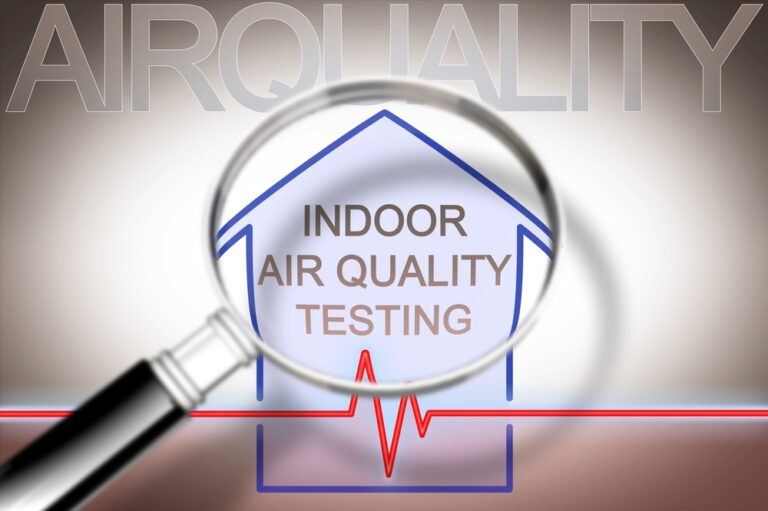Hidden Air Threats: How to Expose and Test Basement Air Quality
Sep 14, 2024
Is the air in your basement safe to breathe? When was the last time you tested the air quality?
Regularly monitoring and testing your basement air quality is essential for maintaining a safe and comfortable indoor environment. Use these tips to stay proactive about the air you breathe by taking steps to test the quality of your basement’s atmosphere.
Importance of Testing Your Basement Air Quality
Testing your basement air quality is a crucial step in ensuring a healthy living environment for you and your family. Poor basement air quality can lead to various health risks, including respiratory issues, allergies, and even more severe conditions over time.
Regularly testing for contaminants like mold spores or radon gas can help identify any issues early on and prevent them from causing harm. By assessing the air quality in your basement, you can identify potential issues such as mold, mildew, or other contaminants that may be present.
There are several methods available to test the air quality in your basement effectively.
Methods for Testing Basement Air Quality
One common method is using an indoor air quality monitor, which can detect levels of pollutants like mold spores and Volatile Organic Compounds (VOCs). There are many options for indoor air quality monitors that range from basic DIY test kits to internet-connected smart devices that can live in the basement and alert you if anything is wrong.
Another method is to conduct a visual inspection of your basement. Look for signs of moisture or mold growth, as these can provide valuable insights into the overall air quality. Some signs include water droplets on walls or ceilings, warped or miscolored walls, and poor odors.
Hiring Professionals for Basement Air Quality Testing
Another effective way to test basement air quality is through professional testing services that use specialized equipment to analyze samples collected from your space.
Hiring professionals for basement air quality testing can provide you with accurate results and peace of mind. Specialists have the necessary tools and knowledge to assess the overall health of your indoor environment.
By enlisting professional help, you can pinpoint and resolve any potential issues such as mold growth or high levels of pollutants that may be affecting your basement air quality.
Interpreting Test Results
After conducting tests to assess your basement air quality, interpreting the results is crucial. Understanding what the data reveals can help you identify any issues that need addressing. When looking at the test results, pay attention to key factors such as levels of pollutants like mold spores, VOCs, and humidity.
It’s essential to compare the results against recommended guidelines for indoor air quality. If you notice any concerning levels or patterns in the test data, it may be time to take action to improve your basement’s air quality.
Rescon offers basement air quality testing services for a variety of problems. Don’t hesitate to reach out if you suspect any concerns regarding your basement air quality.

